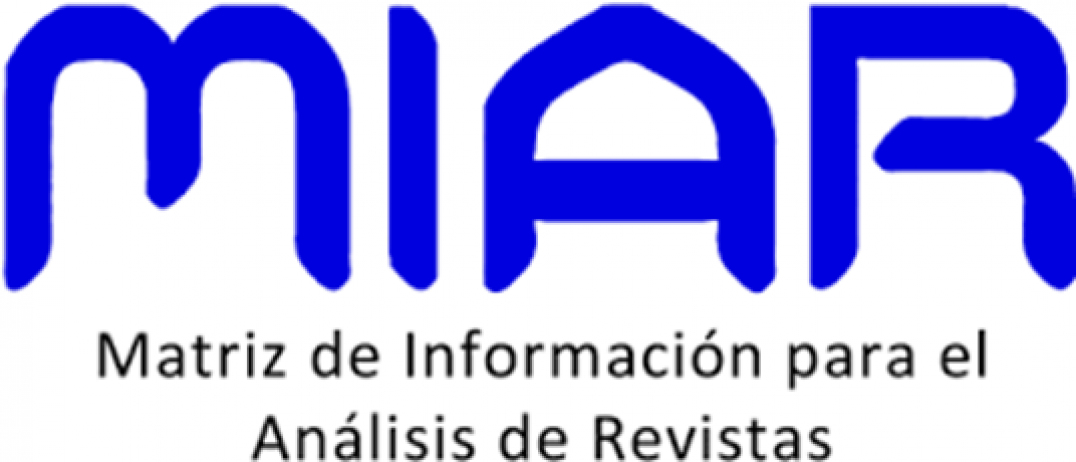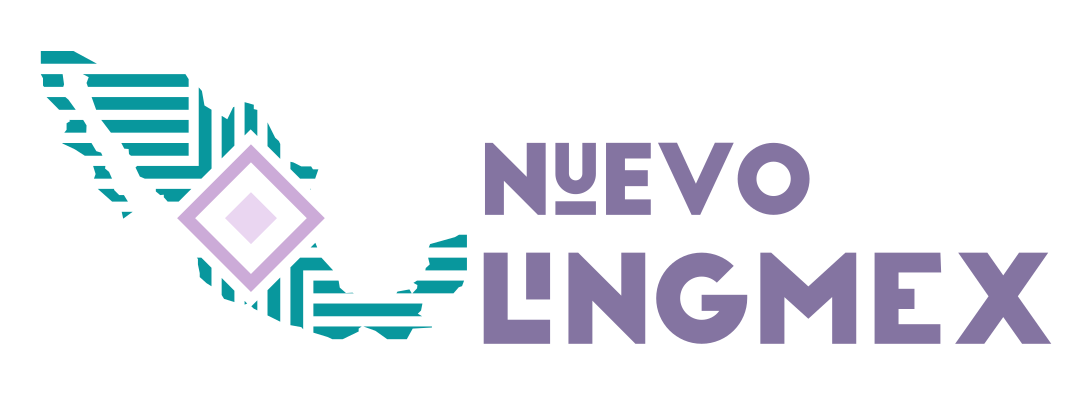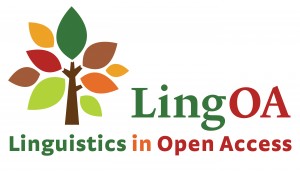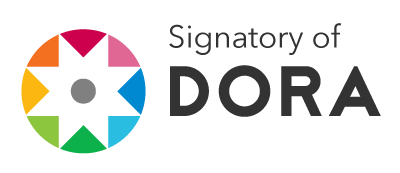Reflections on the concept of modernity applied to languages in Mexico
DOI:
https://doi.org/10.32870/vel.vi24.260Abstract
What is modernity, and how is it decided what can be considered modern or not? In the case of languages, why are some called modern? Which are? If there are modern languages, are there non-modern languages? Why are native languages ??almost wholly excluded from the lists of so-called modern? There is a linguistic category here on which it is pertinent to direct our attention to trying to understand the underlying dynamics. Based on observations in the educational sector with the mention of “modern languages” and related publications, this article reflects on the linguistic perceptions conveyed by this concept in the field of languages. This is in conjunction with scientific works that address global sociolinguistic dynamics, modernization projects in Mexico in the 19th and 20th centuries, as well as texts on racism and linguistic racism in the country. The overlaps between these themes show a certain opposition between modern and indigenous languages. Are we facing forms of continuity of the dichotomy between the “civilized” and the “primitive”?
Downloads
Published
Versions
- 2024-11-08 (4)
- 2024-07-31 (3)
- 2024-09-18 (2)
- 2024-06-30 (1)













